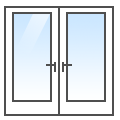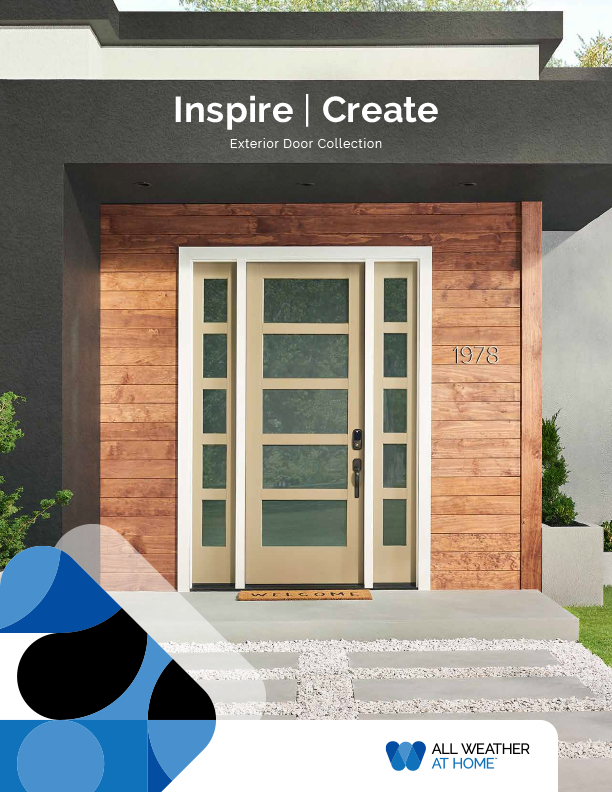While he was growing up, Andrew Went’s parents owned a welding shop and the manufacturing side of his parents’ work always interested him. Many years later, while studying engineering at the University of Alberta (U of A), he specialized in mechanical engineering and soon found an opportunity that both would contribute to his education and future career while involving his interest in manufacturing.
“Research and development is always a big draw, and I didn’t want to be a guy working on spreadsheets all of the time,” says Andrew. The opportunity he jumped at was All Weather Windows’ (AWW) Co-op Program, which sees engineering students from the U of A working directly with AWW’s engineering department on products and innovations that will potentially see life in the market. “To me, it was exactly what I was looking for that included a little design and a little manufacturing process.”
Co-op program in action
Andrew spent eight months at AWW as a co-op student, which eventually resulted in a full-time position with the company. The Co-op Program has helped AWW develop many new products and features that have made impacts on the market. For the students, it’s a hands-on opportunity to work in research and development and move the needle on substantial projects. For AWW, the program allows for a whole new set of eyes on projects, developing angles and innovations that wouldn’t have been explored otherwise.
AWW’s engineering research partnership with the U of A grew after Jesse Tufts received his Professional Engineering designation. He helped to set up the Professional Practice designation for the engineering arm of AWW and is currently the Lead Research and Development Engineer. This professional designation allowed AWW to start taking on co-op students as part of their overall education, giving the students real world experience in the field and providing AWW with a fresh pool of insights.
“The students don’t have any pre-conceived notions of how things should be done, so we get a lot of new ideas,” says Jesse. He explains that the engineering department has taken on seven students including mechanical and electrical engineers, stretching even to include engineering physics. Of those seven, two have found permanent places to begin their careers with AWW. “The program has acted almost like an extended interview for some of these new engineers. Regardless of what happens after though, the program offers great value for AWW. Those of us in the department have multiple projects and priorities, and don’t always have time to do everything. The students can come in and focus on a few key projects and that can help a lot of our research move forward.”
Projects in the market
During his co-op years, Andrew helped develop many of the processes that AWW still uses today. He also explains that he assisted with some of the quality control (QC) protocols and designed a drywall return, which is an aspect of a window that doesn’t usually get a lot of attention (unless you’re an engineer).
“Seeing people use something that I helped develop and design is really exciting,” says Andrew, who points out that a lot of what he worked on with AWW during his student years wasn’t actually directly tied to what he was studying, but still was interesting, and he had the applicable skills to help with the wrapping protocols. “Back when I was in school, I remember what I found most interesting were the courses and subjects that I could relate to more directly. It was the living experiences from school that helped me learn a lot better.”
The real value of a Co-op Program
Going directly from the Co-op Program to full employment with AWW means that Andrew can continue seeing projects he worked on as a student be moved out into the market as a regular component of AWW’s projects. Jesse explains that this is where the real value in the Co-op Program lies. Not only does AWW receive innovative ideas from students, but the students receive a hands-on experience that’s second to none in the application of their engineering skills.
“We’re a big enough company that there are always projects and ideas that get put on the backburner for students to work on, but we’re not so big that the students are just a cog in an enormous project. Their contributions can actually make an impact,” says Jesse. “Our Co-op Program allows students to get their hands dirty on the projects. They’re not just sitting in front of a computer. There’s enough access to resources and people to support a lot of new research.”
















